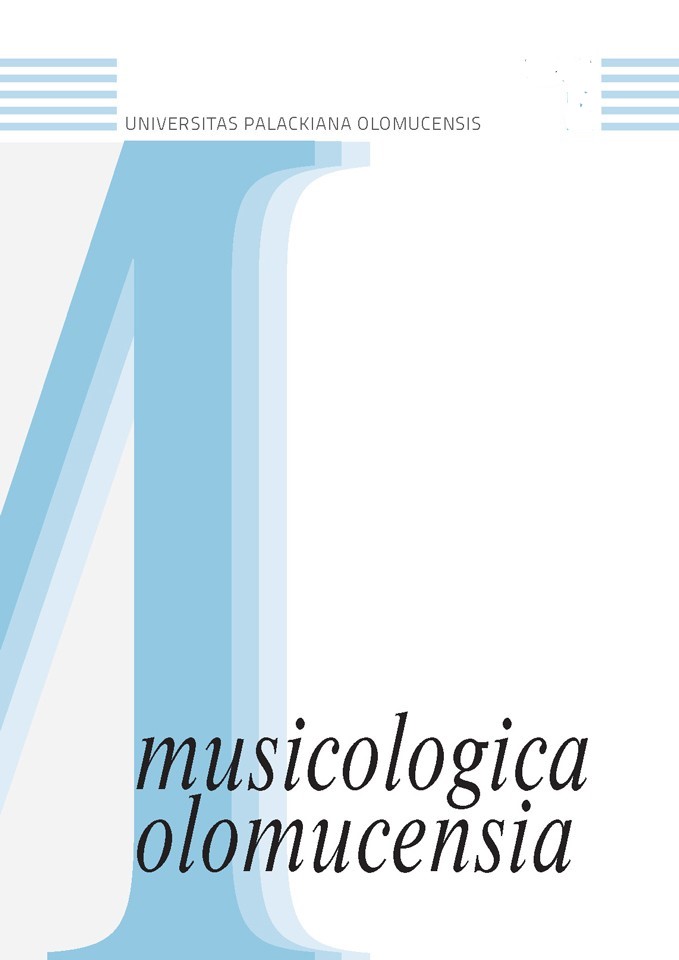Experimental Design and Technical Tools for the Research of Musical Stimuli with Artificially Implemented Complexity Used in the Rehabilitation of Alzheimer's Disease Patients
Experimental Design and Technical Tools for the Research of Musical Stimuli with Artificially Implemented Complexity Used in the Rehabilitation of Alzheimer's Disease Patients
Author(s): Lenka Dohnalová, Tomáš FürstSubject(s): Music, Experimental Pschology, Neuropsychology, Clinical psychology, Behaviorism, Health and medicine and law, Sociology of Art
Published by: Univerzita Palackého v Olomouci
Keywords: ADHD; Alzheimer’s disease; autism; new rehabilitation strategies; physiological complexity of pink noise; software MIDI.;
Summary/Abstract: This study focuses on identifying new and effective rehabilitation strategies for patients with Alzheimer's disease, which relies on the empirically confirmed effect of musical stimuli. The strategies were inspired by studies of new rehabilitation methods designed by Nicholas Stergiou (Biomechanics Lab, University of Nebraska in Omaha), based on signals that contain artificially incorporated physiological complexity (e.g. pink noise). The physiological signals of a healthy organism contain a certain degree of such complexity. The first phase of the research includes the creation of software in a MIDI format, which enabled the implementation of this complexity into recordings of classical music, and its piloting on a "healthy" population. The following phase will examine the effects of these recordings on patients with AD (in collaboration with neurologists in diagnostics).
Journal: Musicologica Olomucensia
- Issue Year: 25/2017
- Issue No: 1
- Page Range: 22-33
- Page Count: 12
- Language: English

